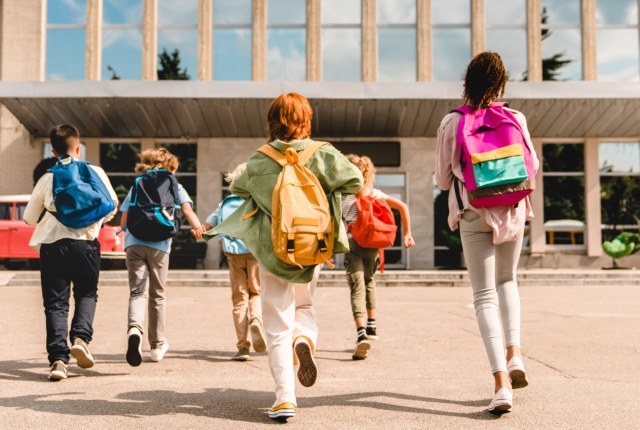From the building of the ideal school for students to exploring the world with ‘The Little Prince’, passing through shared inclusive pathways for young unaccompanied migrants, and discovering poetry as a tool for expressing identity. These are only few of the nine educational pilots for teachers and educators, originated from the work of the researchers participating in the Horizon 2020 project coordinated by the University of Bologna, NEW ABC.
The pilots and didactic materials – tested with students from two different countries – are freely available online. They were created by a group involving thirteen partners from nine European countries: the researchers collaborated with schools, associations, local institutions and NGOs to build and test innovative practices and methodologies in formal, informal and non-formal learning environments.
"The NEW ABC’s approach has been particularly effective in appreciating the children’s ideas, including those from migrant backgrounds or coming from socioeconomically disadvantaged environments", says Rachele Antonini, professor at the Department of Interpreting and Translation at the University of Bologna and coordinator of the project. "Their ideas, needs and perceptions together with those of the teachers, were respected and given primary importance when planning, contributing to creating ad hoc learning activities".
During the four years in which the project has been carried out, the researchers have worked to trigger the creation and active implementation of good practices, with the aim of facilitating the social inclusion of children in different learning environments. For this, nine real-life pilots were created, each of them tested in different countries to ensure their effectiveness and adaptability.
"The project benefited from transnational cooperation between partners, and it showed how working together to improve European educational systems is fundamental", stated Professor Antonini. "Thanks to our mutual and active approach, we were able to test and adapt innovative practices on a European level, ensuring their effectiveness in different sociocultural contexts".
The project gave rise to several synergies, both among teachers from different schools and between children, and local decision-makers. And thanks to the active participation of teachers and educators, the co-created activities are still being proposed and adapted in different countries and contexts.
"The results we have obtained represent a fundamental step forward in plural and inclusive learning, as they show how cooperation and co-creation can produce tangible, lasting results", highlights Antonini. "We hope that the outcomes of our work can continue to be used in the years to come to provide good learning opportunities to all children and teenagers across Europe".

